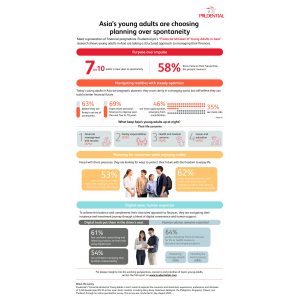
The Central Bank of Kenya (CBK) launched the National Payments Strategy 2022- 2025 (“the Strategy”), in an event that brought together representatives of key domestic, regional, and international institutions that are connected to the payments space. While Kenya’s leadership on mobile money is widely acknowledged, much more remains to be done. The Strategy seeks to consolidate the gains made so far and marking out the path towards a new chapter in Kenya’s payment journey.
Since the advent of mobile money almost two decades ago, Kenya has achieved important milestones in its journey of modernizing and strengthening the payments system.While cash remains an important means of payment, Kenyans make over 37.6 million transactions of about Ksh.176 billion every day through various non-cash channels—mobile money, cards, electronic bank transfers, and cheques.
The Strategy unveiled today seeks to realise the vision of “a secure, fast, efficient and collaborative payments system that supports financial inclusion and innovations that benefit Kenyans.” This vision will be anchored on five core principles—trust, security, usefulness, choice, and innovation.
The Strategy builds on the foundation already in place and provides a framework to deliver key initiatives, including: full-scale interoperability; fostering customer-centric innovation; and supporting the emergence of a 24/7 economy. The Chief Guest at the launch was Dr. Julius Muia, CBS, Principal Secretary National Treasury and Planning.Keynote addresses were also delivered by Dr. Alfred Hannig, Executive Director Alliance for Financial Inclusion (AFI), Mr. Agustín Carstens, General Manager Bank for International Settlements (BIS), Mrs. Malangu Kabedi-Mbuyi, Governor Banque Centrale du Congo, and Chairperson, Association of African Central Banks (AACB); and Dr. Patrick Njoroge, Governor Central Bank of Kenya. Several Governors, Deputy Governors, and senior officials of Central Banks in the region also attended the event virtually.
CBK acknowledges with gratitude the support and extensive feedback that it received from the payments industry,other stakeholders and members of the public in developing the Strategy.This broad-based support will be important for a successful implementation.






